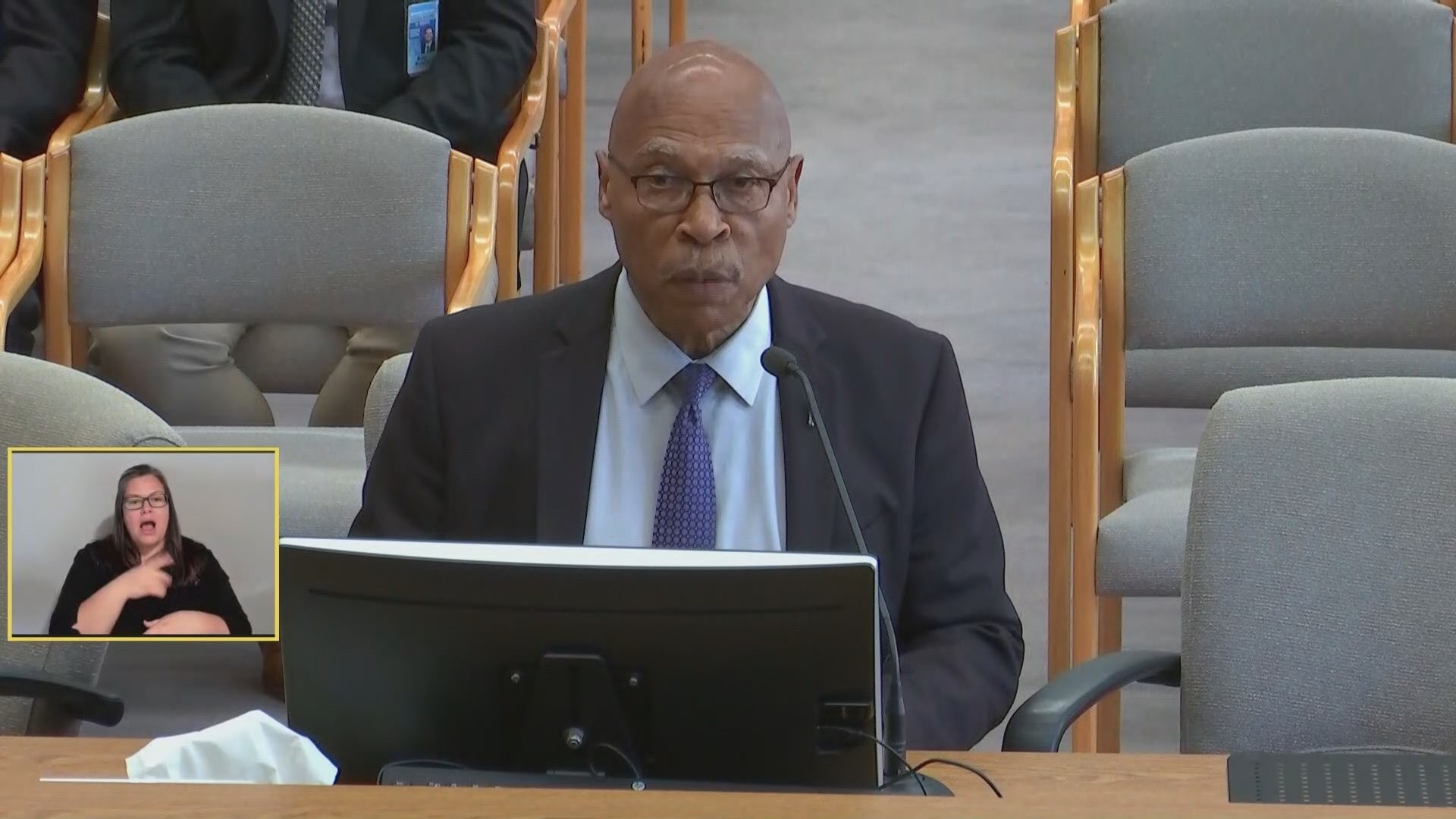OLYMPIA, Wash. — Under a new bill in the Washington state legislature, DUI drivers could be ordered to provide financial support to the children or dependents of people they have killed or disabled in a car accident.
Senate Bill 5841, put forward by state Sen. John Lovick (D-Mill Creek), gives judges the discretion to order people convicted of vehicular homicide or vehicular assault to pay restitution to each minor child or dependent of a victim until they reach the age of 18.
In a hearing of the state Senate Committee of Law & Justice on Tuesday, Lovick said he heard about a similar law while at the National Conference of State Legislatures last year. His proposal is modeled after that piece of legislation that was passed in Kentucky, called Melanie's Law, whose prime sponsor was Sen. David Yates. A similar piece of legislation passed in Tennessee in 2022.
Lovick, who was a Washington State Patrol trooper for 31 years before he became a local lawmaker, said his previous experience motivated him to bring a similar bill to Washington state.
"Having been a state trooper for 31 years I investigated thousands of collisions and had to go tell the loved one that they had lost a loved one," Lovick said. "It just really inspired me to say, 'We need to do something to hold those people who kill others driving drunk, to hold them accountable.'"
Yates appeared virtually to testify in favor of passing the law in Washington state.
"We are aware of the victim whenever someone drives under the influence of alcohol or drugs... but sometimes we forget about the survivors," Yates said.
He went on to say that he believes the law has had a strong deterrent effect in Kentucky.
"We know that sometimes the actual checks they're (offenders) are writing may not be a lot. Sometimes they're low dollar checks depending on what their position is, but we do believe in the position of fairness that they do have to sit down and write that check," Yates said.
When deciding what the dollar amount of the payments will be, a judge would be required to consider the offender's past, present and future ability to pay, the financial needs and resources of the child or dependent, the financial needs and resources of any surviving parent or guardian, the standard of living to which the child or dependent is accustomed and the reasonable child care expenses of the surviving parent or guardian. The amount of restitution ordered would be offset by any amounts paid by the offender to the victim, or by the offender's insurance as the result of any civil action.
Yates said there are currently children and dependents of victims who are receiving restitution payments following the passage of the law in Tennessee and Kentucky.
The bill will be addressed in an executive session of the Senate Committee of Law & Justice on Thursday.
A few deadly years in Washington
Although data for last year is incomplete, 2023 has already surpassed 2022 as the deadliest year on Washington's roads.
According to the Washington State Traffic Safety Commission, there were 750 traffic fatalities in 2022. There were 765 fatalities in 2023, according to Washington State Department of Transportation (WSDOT) reports.
"I think more legislators now are starting to wrap their heads around how terrible the losses are. 800 people didn't come home from soccer practice or work and we have got to have action rather than passivity. We should not be defeated when it comes to traffic fatalities," Gov. Inslee said Thursday.
The number of alcohol-involved crashes has also increased. There were 4,736 alcohol-involved crashes reported last year, according to WSDOT. One hundred and seventeen of those were fatal, and 434 caused serious injuries.
"This is I think a major piece of legislation to just let people know, to call attention to this carnage we're having on our roads," Lovick said.
Lovick has also sponsored SB 5002, which was first introduced in the 2022-2023 session. The bill would lower the legal blood alcohol limit in Washington state to .05, down from .08. The bill had made it to a second reading by the Senate Committee on Law & Justice at the end of last year's session. A resolution reintroduced the legislation for the 2023-2024 session.

